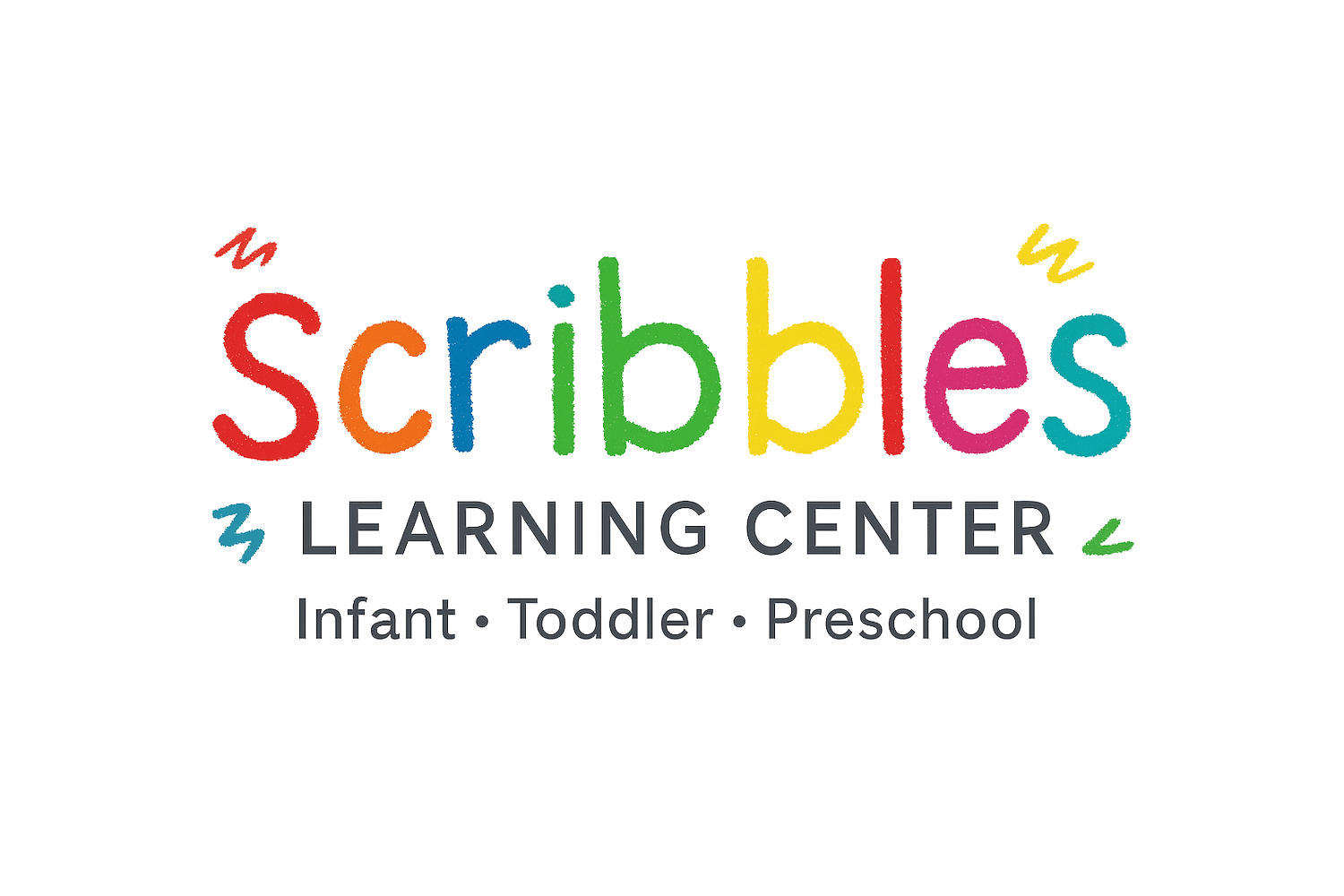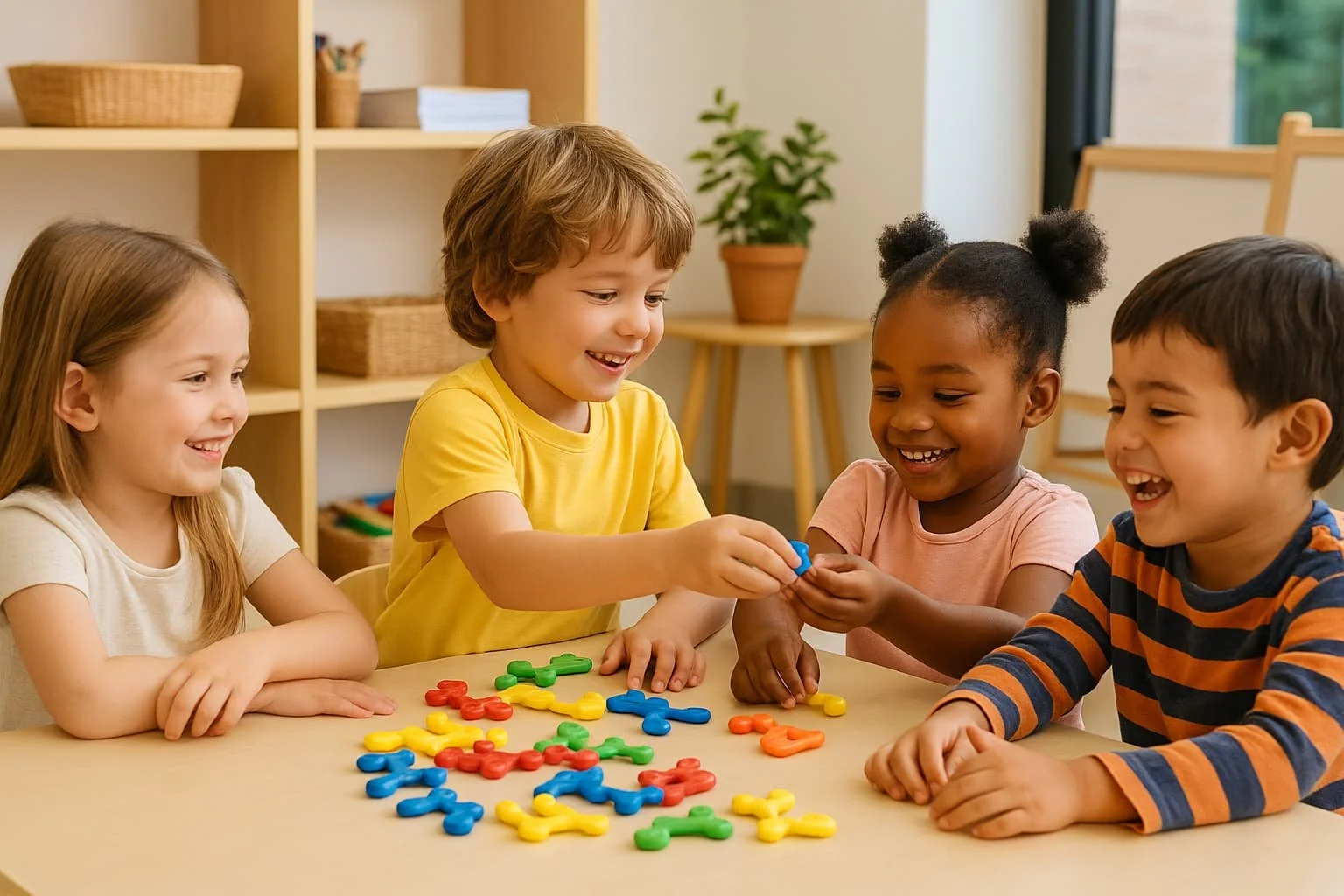Teaching Empathy in Early Childhood: Growing Hearts That Care
At Scribbles Learning Center, we believe that nurturing a child's heart is just as important as growing their mind. One of the most powerful life skills we can teach-starting from the earliest years-is empathy.
What Is Empathy?
Empathy is the ability to recognize and understand how someone else is feeling, and to respond with care and compassion. It's what helps children comfort a friend who's sad, celebrate someone else's success, and build strong, meaningful relationships.
Why It Matters So Early
Children aren't born knowing how to be empathetic-it's something they learn through modeling, play, and daily experiences.
When empathy is nurtured in the early years:
Social skills blossom - Children learn how to share, take turns, and solve problems peacefully.
Communication improves - Kids begin to express their feelings and listen to others with understanding.
Kindness grows - They begin to see that their actions impact others, helping them make compassionate choices.
Stronger communities form - Empathetic children become adults who build inclusive, respectful environments.
How We Foster Empathy at Scribbles
Empathy is woven into everything we do. Through play-based learning, children experience moments that naturally teach compassion-like helping a friend build a block tower, comforting a classmate during transitions, or caring for our classroom plants and pets.
Our teachers model empathy every day:
We name and validate feelings ("I can see you're frustrated. Let's take a deep breath together.").
We use stories and pretend play to explore perspectives ("How do you think the character felt when...?").
We celebrate kindness by recognizing when children help or comfort others.
These small, everyday interactions help children practice empathy until it becomes second nature.
How Families Can Encourage Empathy at Home
Talk about feelings: Use storybooks, family events, or everyday situations to discuss emotions.
Model kindness: Children learn empathy best when they see it in action.
Practice perspective-taking: Ask, "How do you think your friend felt when that happened?"
Celebrate caring moments: Notice and praise acts of kindness your child shows.
The Ripple Effect of Empathy
When children learn empathy early, they develop the foundation for emotional intelligence, problem-solving, and lifelong friendships. At Scribbles, we're not just preparing children for kindergarten-we're preparing them to make the world a kinder, more understanding place.
Because every small act of empathy helps a garden of kindness grow.

